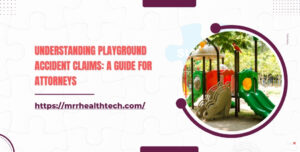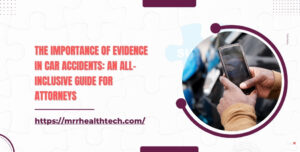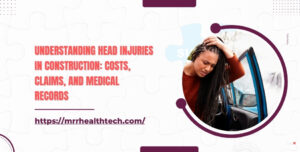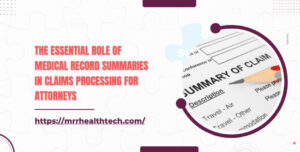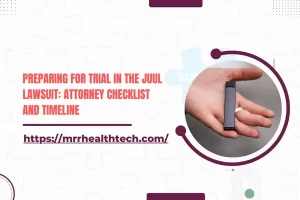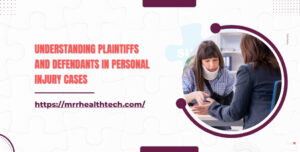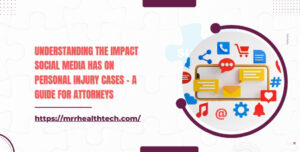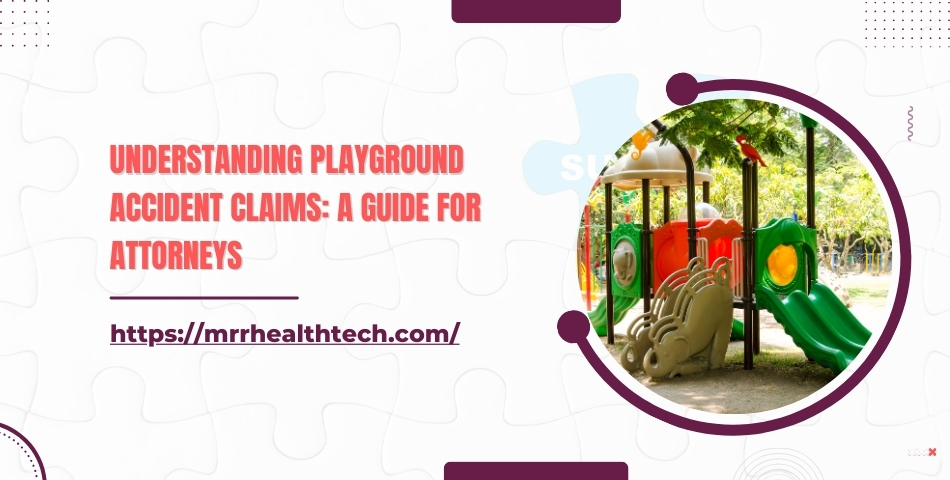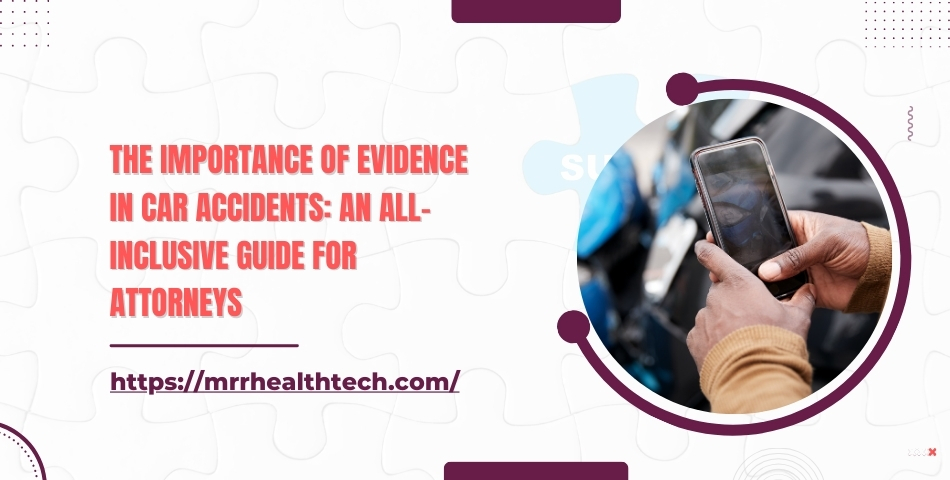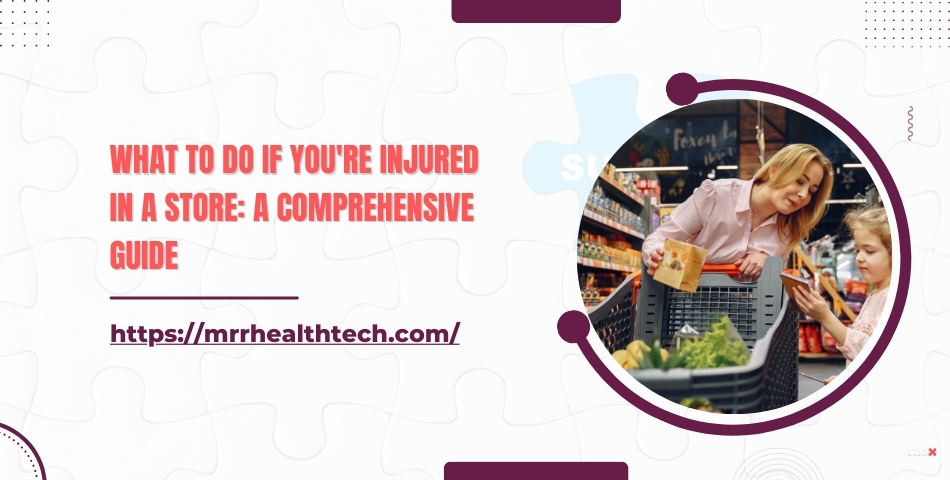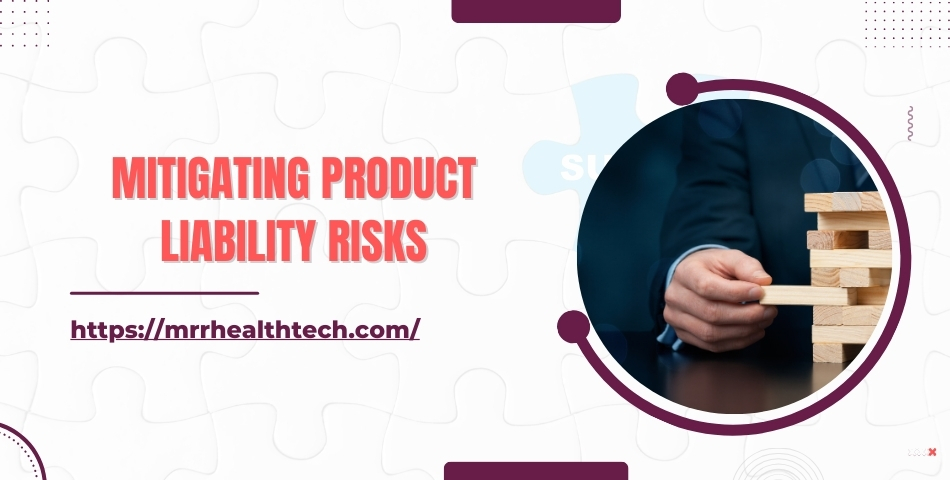
Introduction
In the area of law practice, and especially with increasing specialization in medical record review, the sensitivities of product liability risks cannot be ignored. New developments in health care and legal years require that attorneys know that they have a wide range of options to defend their clients as well as themselves from liabilities that may arise in the course of practice. In this respect, this article seeks best practices and current events with a focus on U. S. Attorneys who specialize in reviewing medical records as a means of enabling medical record review companies cope with these complicated objectives.
Understanding Product Liability
What is Product Liability?
Product liability refers to the legal responsibility that attaches to manufacturers, wholesalers, and retailers in respect to certain implied and expressed warranties as well as torts relating to injuries inflicted and resulting from defective products. This includes the failure of records, incorrect recording or representation of health history, and failure to use current or correct information leading to an adverse impact on patients.
Types of Product Liability Claims
- Design Defects: Certain features attributable to a product that render it unsafe by design.
- Manufacturing Defects: Faults that are experienced during the actual making of a product causing it to be unsafe
- Marketing Defects: Marketing defects are said to occur when a product does not have sufficient instructions or warnings necessary.
Understanding these categories is crucial for attorneys when assessing potential liabilities associated with medical records.
The Role of Medical Record Review in Mitigating Risks
Importance of Accurate Medical Records
The role of accurate medical histories cannot be overemphasized as they are useful in the construction of well-informed legal cases and as proof of the occurrence in circumstances where medical malpractice, personal injury or product defects have been alleged. Lawyers should be cautious in relying on records as they must be valid, relevant, and current records held within more than one legal jurisdiction.
How Medical Record Review Companies Assist Attorneys
- Thorough Examination of Records: The fundamental purpose of medical record review companies is the in-depth examination of records with a specific goal to locate all inconsistencies and recommendations that can weaken the standing of the case.
- Expert Analysis: These companies often employ medical professionals who can provide insights into the standard of care and identify potential areas of liability.
- Timely Access to Information: Fast copies of medical records will help the plaintiff’s case by facilitating the attorneys’ preparation.
Best Practices for Mitigating Product Liability Risks
1. Conduct Comprehensive Record Reviews
Attorneys should enter into such relationships with medical record review companies known for vetting medical records. Many times a detailed examination can reveal mistakes that may have escaped one’s attention, thus making it possible to build a strong case in court.
2. Stay Updated on Regulations
Lawyers should be familiar with both new rules in the medical field that govern medical records as well as product liability. Among these include the implication of the Health Insurance Portability and Accountability Act (HIPAA) and Food and Drug Administration (FDA) policies.
3. Implement Risk Management Strategies
Encouraging an active risk management strategy is paramount. This may cover:
- Emphasis on the significance of documenting data accurately to staff when conducting training sessions.
- Setting boundaries on how records and data are to be maintained in the organization.
- Reviewing the medical records of patients on an intermittent basis to check compliance.
4. Leverage Technology
Some severe forms of medication record review can be improved through the use of information technology. EHR operates as a centralized repository of clinical data minimizing human errors in data management tasks.
5. Foster Communication with Clients
There should be consistent channels of communication with the clients. It is the attorney’s responsibility to address the clients and prevent them from unnecessarily embarrassing the organization with false details in their medical history.
How Can Attorneys Protect Themselves from Liability?
To protect themselves, attorneys should:
- All correspondence and case-related actions have been documented and kept secure at all times.
- Regularly review their practices and seek feedback from peers to identify potential areas for improvement.
- Insurance for professional liability in the practice may be sought to protect from unwarranted risks.
Case Studies
Case Study 1: Medical Malpractice Claim
Overview: The lawyer was representing the patient who was affected by complications arising from a wrongful diagnosis.
Challenges: There were some challenges in the beginning since the records which were available were inadequate due to poor provision of the medical records by the patient.
Solutions: An attorney hired a company that specializes in analysis of medical records to dig deeper. The review revealed critical records that were missing and some discrepancies in the case documents.
Case Study 2: Product Liability Claim
Overview of the Case: An attorney has represented a patient traumatized by the side effects of using a drug’s product.
Challenges: The producer was adamant that the said product was safe and the said reaction of the patient was only an incident.
Solutions: An attorney collaborated with a medical review company in the examination of patient’s records and in forecasting of possible claims for liability.
Conclusion
The management of product liability risks is one of the key areas of legal practice that the attorneys dealing with the medical record review should be mindful to address. By appreciating the intricacies of product liability, making use of medical record review companies’ know-how, and deploying best practices, the attorneys are able to protect both the clients and themselves from probable liabilities. Lawyers face an ever-changing landscape, and to be effective in the practice of law the need to be a step ahead will be critical in overcoming such complexities that arise.

